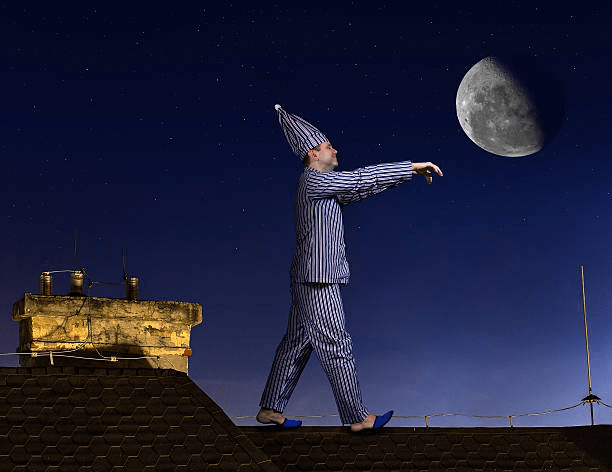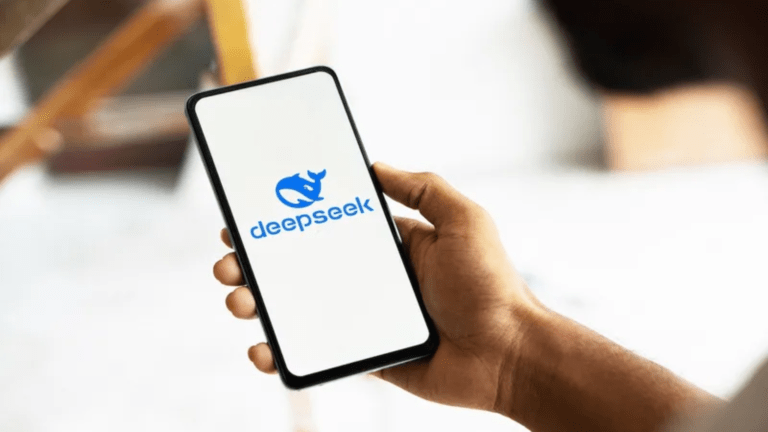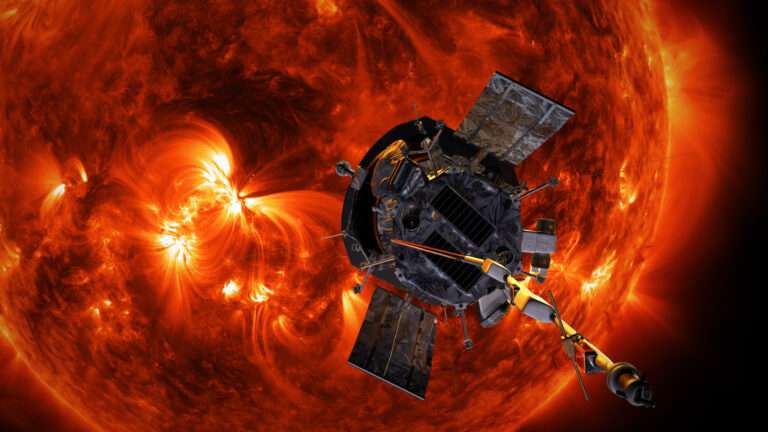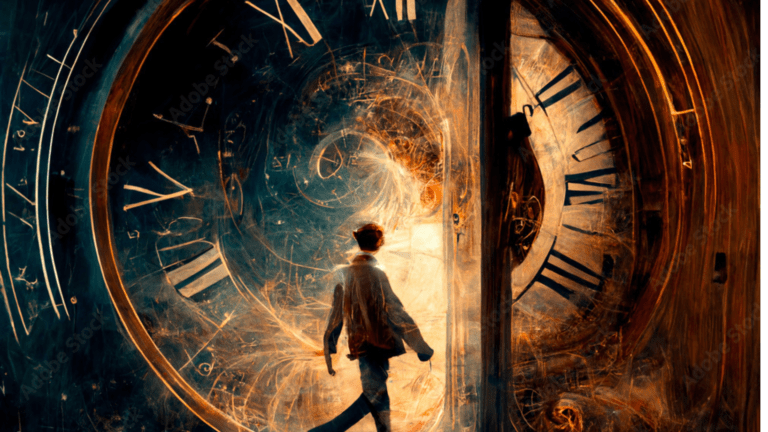The Uncanny Power of Dreams: Can They Predict the Future?

Have you ever woken up from a vivid dream, only to find that events from your dream strangely align with what happens in real life? Whether it’s a dream about a person you haven’t seen in years or a situation that plays out exactly as you imagined, it’s no wonder that many wonder whether dreams have the ability to predict the future. While some remain skeptical, others believe that dreams have an uncanny power to provide insights about what’s to come. But is there any truth to these mysterious and often baffling nighttime visions? Let’s explore the fascinating connection between dreams and prediction.
The Science Behind Dreams: Understanding the Brain’s Nighttime Activity
To understand whether dreams can predict the future, we must first explore what happens in the brain when we sleep. Dreams occur during the rapid eye movement (REM) phase of sleep, where the brain is highly active, processing emotions, memories, and unresolved thoughts. Many scientists suggest that dreams are the brain’s way of sorting through experiences, emotions, and fears, and that they reflect our subconscious thoughts and feelings.

This process is thought to be important for emotional regulation, problem-solving, and memory consolidation. So, could the bizarre scenes, people, and situations in our dreams somehow be related to the future? Some researchers think that what seems like prediction might actually be a result of our brain processing patterns, making connections between present events and future outcomes. However, others argue that it’s simply a coincidence, as dreams may only seem prophetic in retrospect.
Premonition or Coincidence? The Cases That Fuel the Debate
Throughout history, many individuals have claimed that their dreams predicted future events with astonishing accuracy. One famous example is the Titanic disaster. Several survivors of the 1912 tragedy reported having dreams of a massive ship sinking in icy waters before the fateful event occurred. Another case involves the assassination of President Abraham Lincoln, where a man dreamt of seeing Lincoln’s body in a coffin, shortly before the president’s tragic death. These instances have fueled the belief in the so-called “precognitive” dream phenomenon.
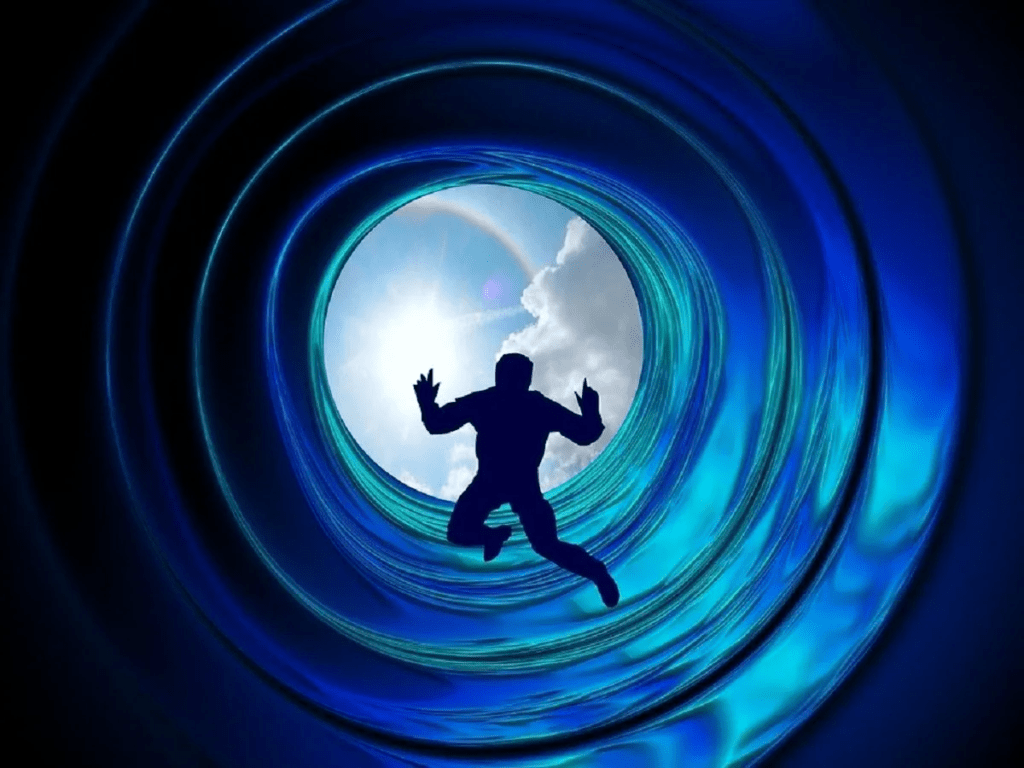
Despite these remarkable cases, skeptics argue that such instances are simply examples of selective memory and coincidence. After all, humans have an innate tendency to connect the dots when events line up with our expectations, often forgetting or overlooking when the prediction doesn’t come true. Additionally, dreams are often random and bizarre, which means any resemblance to real life may be coincidental.
What Do Psychics and Mystics Say About Dream Predictions?
In cultures around the world, there’s a long history of using dreams as a means of divination. In ancient Egypt, dreams were believed to be messages from the gods, offering guidance and insight into the future. Similarly, many indigenous cultures place a high importance on dreams as spiritual tools. Some psychics and mystics claim that their dreams can act as a direct link to the future, offering glimpses of what’s to come. These practitioners often believe that certain types of dreams—such as recurring dreams or vivid visions—can provide important information that may help navigate upcoming challenges.
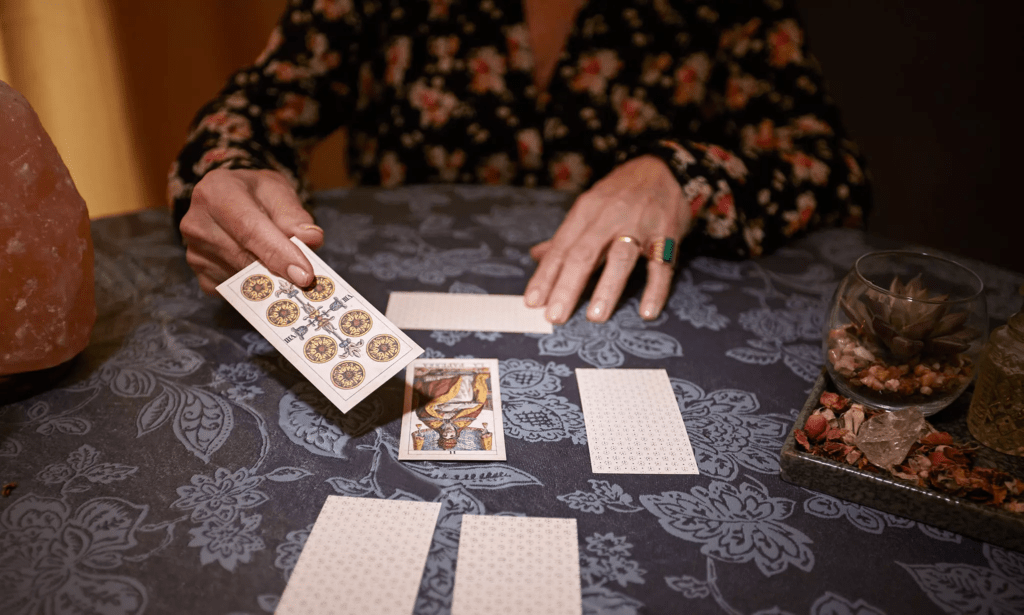
While many take these beliefs seriously, there’s no scientific evidence to back up the idea that dreams can truly predict future events. However, it’s possible that dreams tap into our subconscious mind, revealing hidden knowledge, fears, and desires. If we pay attention to our dreams, we may be able to notice patterns and clues that help us prepare for what’s ahead.
The Psychological Perspective: Are We Just Making Predictions?
Psychologists argue that it’s not so much the dreams themselves, but rather the way our minds work that explains why we sometimes feel like dreams predict the future. According to Carl Jung, a Swiss psychiatrist, dreams reflect the unconscious mind, often revealing emotions and desires that we may not be consciously aware of. Jung believed that dreams help us process complex thoughts and events, providing insights that guide us in waking life.
While this doesn’t prove that dreams can predict the future, it suggests that dreams might reflect our subconscious knowledge and expectations about future events. In some cases, what feels like a precognitive dream may be a result of the brain processing and interpreting patterns based on our experiences. Essentially, we may be subconsciously predicting the future without realizing it.
Can Dreams Really Predict the Future? The Verdict
In conclusion, while there’s no concrete evidence that dreams can predict the future, the powerful connection between our subconscious minds and our daily experiences may create situations where dreams seem eerily accurate. Whether it’s a premonition, coincidence, or simply our brain making sense of patterns, there’s no denying the uncanny feeling that some dreams leave behind. So, next time you wake up from a dream that feels like a glimpse into the future, pay attention—it might just be your mind’s way of offering a signpost on your journey ahead.

While the mystery of predictive dreams remains unsolved, one thing is clear: the power of dreams, whether in guiding our future or illuminating our subconscious, is fascinating and worth exploring.

